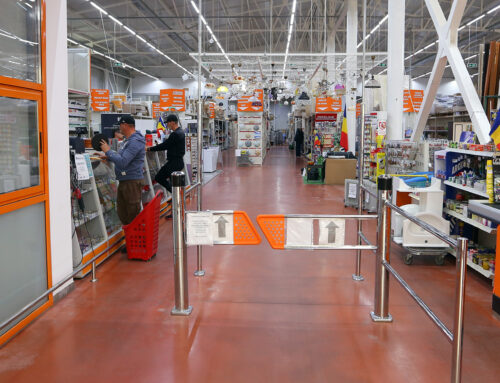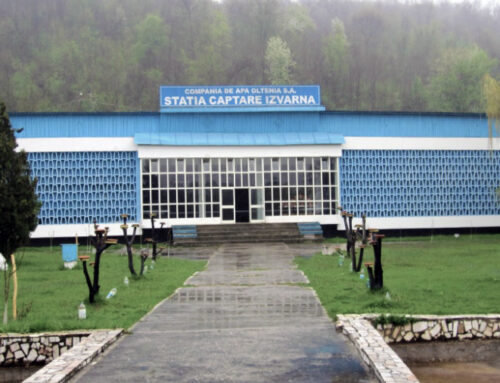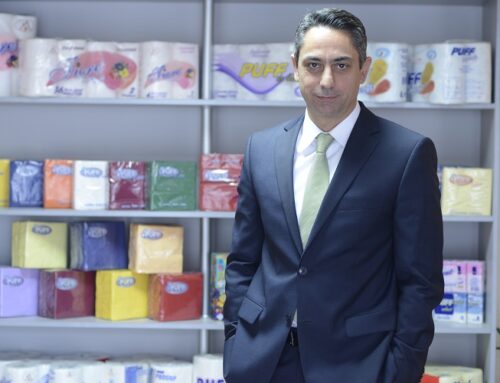Romania has been allocated over the period 2007 – 2013 a potential €20 billion in EU funding support and the country is committed to using these funds as quickly and effectively as possible. Last year Romania created a new Ministry – the Ministry of European Affairs – to oversee this process and to promote closer business ties with the EU.

Leonard Orban, Minister of European Affairs, explains, “Our current priority is to implement all our planned projects, and we have managed to allocate more than 60% to concrete projects.” Out of the projects approved, the Romanian authorities have identified 100 priority projects with total budgets (including EU and national contribution) of €10 million up to €500 million each; the latter is the construction of a highway connecting Orastie and Sibiu. “We have many big projects in the field of waste and water management, transport and energy infrastructure,” Minister Orban points out.
One challenge is to absorb EU funds more rapidly. Romania has absorbed around 7% of the structural cohesion funds so far and the Ministry of European Affairs is determined to increase that percentage to 20% by the end of 2012. Romania has to absorb an additional €1.2 million in EU funding this year in order to avoid losing any allocated money and around €6 million in 2013.
Promoting sustainable development
The government recognises that EU financial support is crucial for Romania’s sustainable economic development and fiscal health. Leonard Orban explains, “Romania cannot afford to waste this huge opportunity to modernise. Achieving the goal set by the National Strategic Reference Framework 2007 – 2013, namely the absorption of at least 90% of the EU funds available to Romania, requires significant effort and basically means establishing a new system that is modern and transparent.”
Romania is definitely making progress in getting its projects off the ground. Minister Orban notes that the improvements in infrastructure and economic performance that the EU funds can help Romania achieve, will be beneficial not only for the country but also for the EU as a whole.
Romania’s ambitious EU funded projects are creating exciting opportunities for international investors.
Leonard Orban points out, “Many companies from Western Europe are already involved in many of our development projects, and we welcome more companies to come here. We need their expertise, and they will find many reasons to invest in Romania. This country offers a skilled labour force at attractive prices, a large domestic market, and many high potential sectors. FDI in Romania is a win for this country and for investors.”




